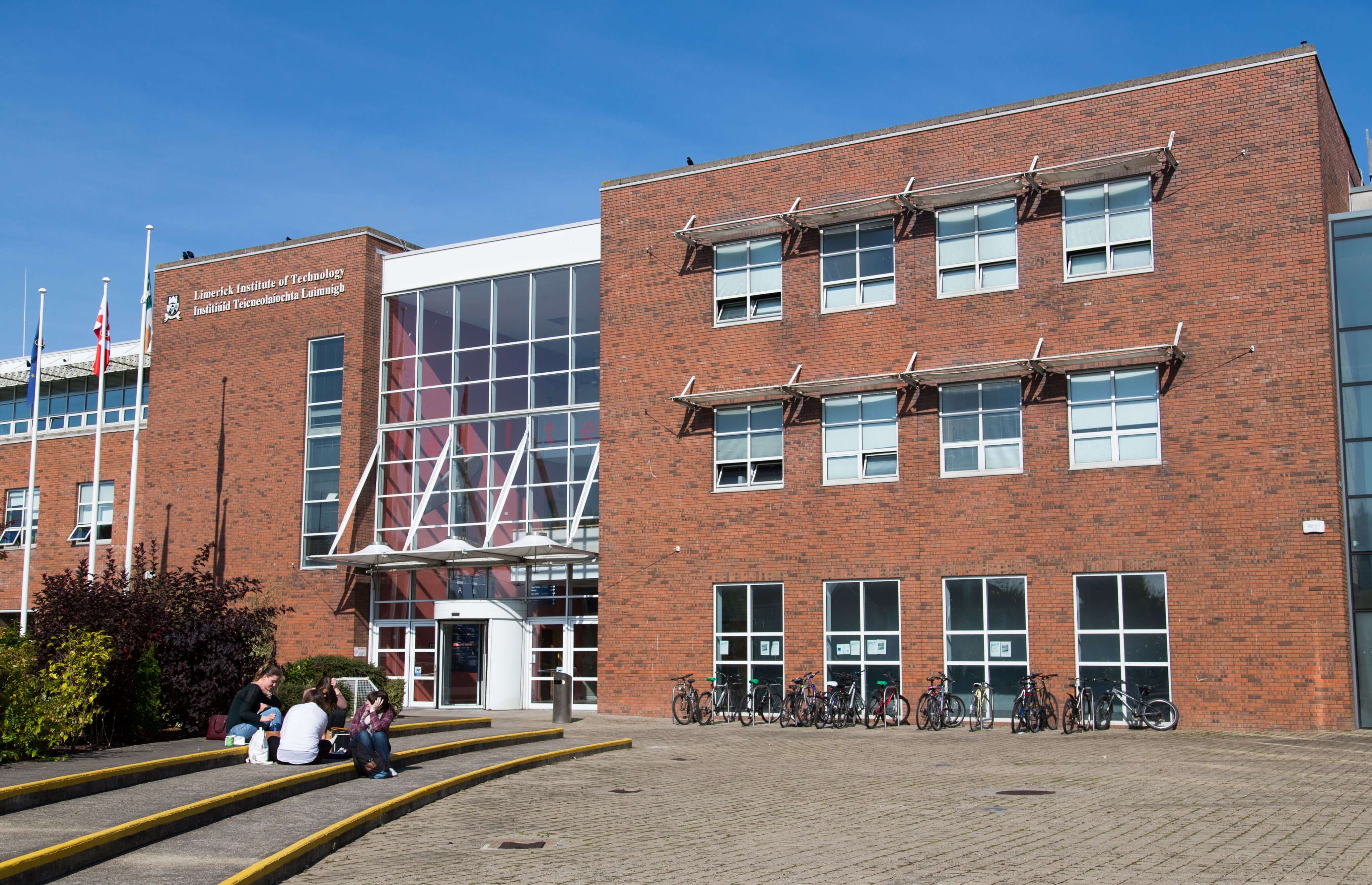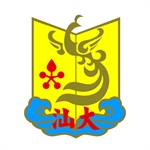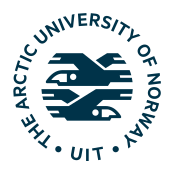The Doctor of Philosophy (PhD) in Tourism program at Technological University of the Shannon is a research-intensive program designed to prepare students for advanced academic and professional careers in the field of tourism. The program focuses on advancing knowledge and understanding of various aspects of tourism, including its impacts, management, policy, sustainability, and innovation.
Here are some key aspects that may be part of a Doctor of Philosophy in Tourism program:
Research Methodology: Students receive training in research methods and methodologies relevant to the field of tourism. This includes qualitative and quantitative research methods, data collection and analysis, literature review, and research design.
Specialization Area: Students choose a specific area of research within the field of tourism. This may include topics such as tourism planning and development, destination management, tourism policy and governance, sustainable tourism, cultural tourism, or tourism marketing. They conduct in-depth research in their chosen area, contributing to the advancement of knowledge and addressing real-world challenges.
Literature Review: Students conduct an extensive review of existing literature in their specialization area to gain a thorough understanding of the current state of research and identify research gaps or areas that require further exploration.
Research Proposal: Students develop a research proposal outlining their research objectives, research questions, methodology, and theoretical framework. The proposal is typically presented and defended before a faculty committee.
Independent Research: Students undertake independent research under the guidance of a faculty advisor. They collect and analyze data, conduct fieldwork or case studies, and contribute new insights and knowledge to the field of tourism.
Seminars and Workshops: Students participate in seminars and workshops where they present their research findings and receive feedback from faculty and peers. These sessions provide an opportunity to refine research methodologies, enhance analytical skills, and develop effective presentation and communication skills.
Dissertation Writing: Students are required to write a doctoral dissertation based on their original research. The dissertation is a comprehensive document that presents the research findings, analysis, and implications. It requires critical thinking, organization, and effective academic writing skills.
Defense of Dissertation: Once the dissertation is completed, students defend their research before a faculty committee. This defense involves a presentation of their research findings and a question-and-answer session where committee members evaluate the rigor and contribution of the research.
Publication and Dissemination: Students are encouraged to publish their research in academic journals and present their findings at conferences to contribute to the broader scholarly community. This helps in establishing their expertise and enhancing their academic and professional reputation.
Professional Development: Students may have opportunities to engage in professional development activities, such as attending conferences, participating in research collaborations, teaching undergraduate courses, or mentoring junior students.
Show less













